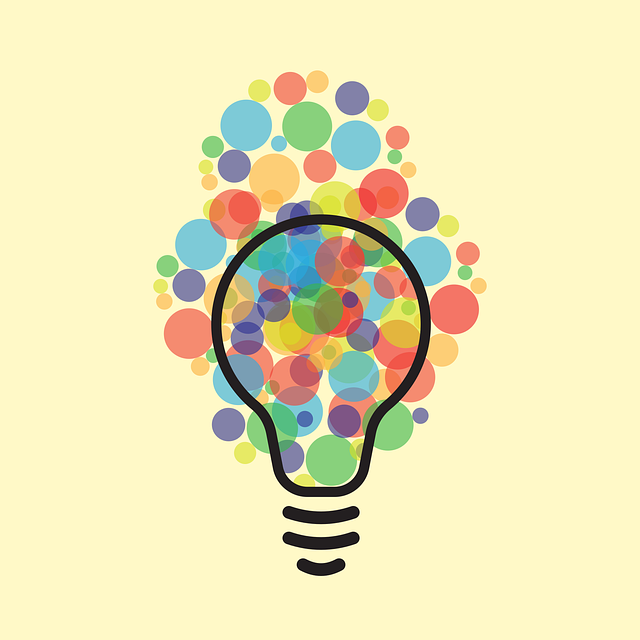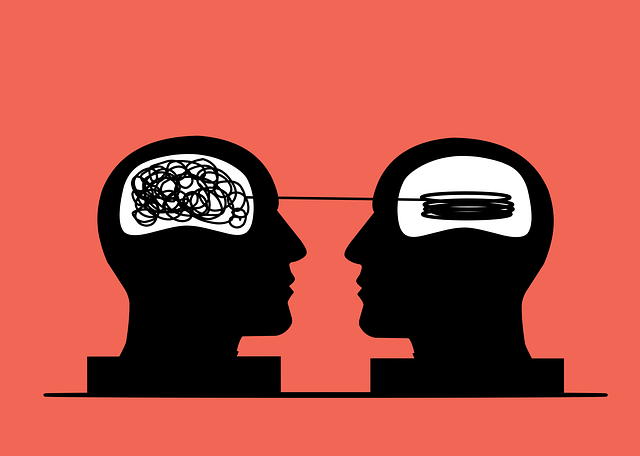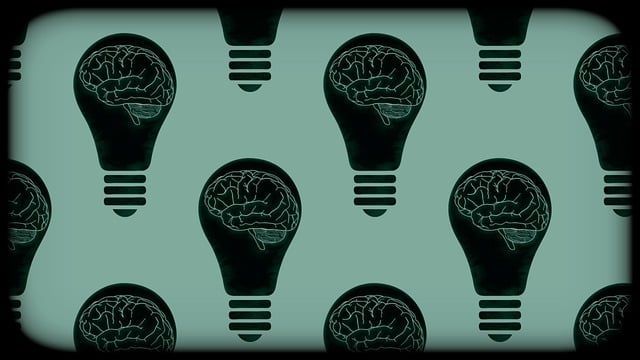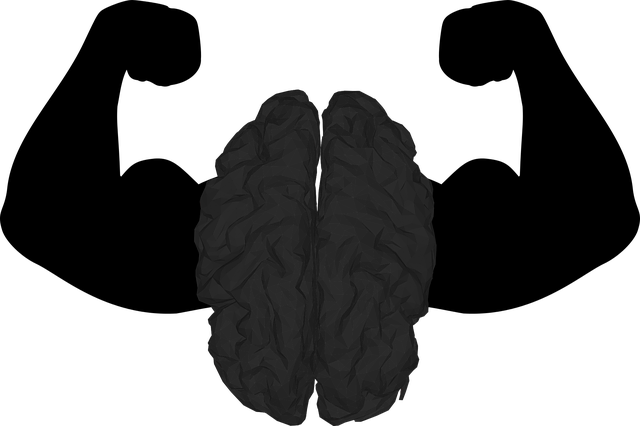Boulder Mindfulness Therapy enhances Emotional Intelligence (EQ) through self-awareness practices, mindfulness exercises, and trauma support services. This approach helps individuals manage stress, reduce anxiety, process past traumas, and improve communication, leading to healthier relationships and better decision-making. By cultivating empathy, practicing active listening, and employing various emotional regulation strategies, Boulder Mindfulness Therapy contributes to mental well-being, social resilience, and effective interpersonal interactions both personally and professionally.
Emotional intelligence (EQ) is a powerful tool for navigating life’s challenges and fostering meaningful connections. This comprehensive guide explores various aspects of building EQ, from understanding its foundational element, self-awareness, to practical strategies like Boulder Mindfulness Therapy. We delve into cultivating empathy as a means to deepen relationships and provide techniques for emotional regulation, empowering individuals to become more resilient. Each section offers valuable insights, ensuring a well-rounded approach to enhancing your emotional intelligence.
- Understanding Emotional Intelligence: The Foundation of Self-Awareness
- Boulder Mindfulness Therapy: A Practical Approach to Enhance EQ
- Cultivating Empathy: Building Bridges to Deepen Connections
- Strategies for Emotional Regulation: Mastering the Art of Resilience
Understanding Emotional Intelligence: The Foundation of Self-Awareness

Emotional intelligence is a fundamental aspect of human interaction and personal growth. At its core, it begins with self-awareness—a cornerstone of emotional intelligence that forms the very foundation for understanding and managing one’s emotions. This process involves recognizing and acknowledging your own feelings, thoughts, and behaviors, as well as their impact on others. Boulder Mindfulness Therapy emphasizes the importance of cultivating this awareness through various self-care practices and self-awareness exercises.
By engaging in regular self-reflection and mindfulness practices, individuals can begin to unearth and address underlying emotional patterns and triggers. This journey towards self-awareness is crucial not only for personal development but also for building healthier relationships. It enables one to respond rather than react to situations, fostering better communication and empathy both within oneself and with others. Trauma support services often recognize the significance of these self-awareness exercises in helping individuals process and overcome past traumas, ultimately enhancing their emotional intelligence.
Boulder Mindfulness Therapy: A Practical Approach to Enhance EQ

Boulder Mindfulness Therapy offers a practical approach to enhance Emotional Intelligence (EQ). This therapeutic method focuses on teaching individuals how to be fully present in the moment, observe their thoughts and emotions without judgment, and respond thoughtfully rather than reacting impulsively. By cultivating mindfulness, people can better understand their feelings and those of others, leading to improved self-awareness and empathy—key components of EQ.
This approach not only helps in managing stress and anxiety but also serves as an effective trauma support service. Mindfulness practices have been shown to reduce symptoms associated with past traumatic experiences, allowing individuals to develop a healthier relationship with their emotions. Furthermore, by fostering better self-esteem improvement, Boulder Mindfulness Therapy empowers people to navigate social interactions more effectively, strengthen relationships, and make informed decisions from a place of calm clarity rather than heightened emotional states.
Cultivating Empathy: Building Bridges to Deepen Connections

Cultivating empathy is a cornerstone of emotional intelligence building, serving as a powerful tool to deepen connections and foster understanding. By putting ourselves in another’s shoes, we gain insights into their experiences, emotions, and perspectives—a process enhanced by Boulder Mindfulness Therapy techniques that encourage active listening and non-judgmental presence. This heightened awareness not only strengthens interpersonal bonds but also facilitates more meaningful interactions, whether in personal relationships or professional settings.
Empathy plays a significant role in various aspects of mental well-being, including emotional healing processes. It helps to break down barriers and promote compassion, which can significantly reduce symptoms associated with depression prevention. Public awareness campaigns development centered around empathy can foster a sense of community and belonging, further emphasizing the importance of this trait in building resilient individuals and societies.
Strategies for Emotional Regulation: Mastering the Art of Resilience

Emotional regulation is a cornerstone of emotional intelligence development. Mastering this skill involves learning to identify and manage one’s emotions effectively, which can be cultivated through various strategies. Boulder Mindfulness Therapy offers powerful tools for achieving emotional balance. Practicing mindfulness meditation, for instance, helps individuals become more aware of their feelings and thoughts without judgment, fostering a deeper understanding of their emotional responses. This heightened awareness is crucial in recognizing when emotions are spiraling out of control and allows for the implementation of calming techniques such as deep breathing exercises or progressive muscle relaxation.
Additionally, Trauma Support Services can play a significant role in building resilience by addressing underlying emotional wounds. Social Skills Training programs teach individuals how to interpret non-verbal cues, enhance communication, and build stronger relationships, all of which contribute to better emotional regulation. By combining these approaches with positive thinking techniques, people can develop the mental fortitude needed to navigate life’s challenges more effectively. These strategies empower individuals to respond rather than react, leading to improved decision-making and enhanced overall well-being.
Emotional intelligence is a multifaceted skill set that enriches personal and professional relationships. By understanding the core concepts, employing practical approaches like Boulder Mindfulness Therapy, cultivating empathy, and mastering emotional regulation strategies, individuals can enhance their EQ significantly. These techniques empower folks to navigate life’s challenges with greater resilience and depth of connection. Incorporating these practices into daily routines can lead to profound personal growth and improved interactions with others.














